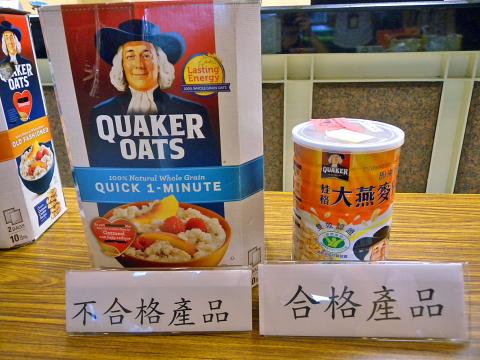BreezieFreezie
Rookie
- Jul 2, 2012
- 1
- 1
- 1
I stumbled across an article where they were talking about bht and bha, and how they can lead to cancer. Most of the pesticides and perservatives used in our food can give us cancer! In most countries these chemicals are illegal, but not in the usa!
I have not heard any politicians talk about this issue, or anything like it. Why would the USA do this to their people? Please, spread the word, let's stop this immediately!
article:
Edited
I have not heard any politicians talk about this issue, or anything like it. Why would the USA do this to their people? Please, spread the word, let's stop this immediately!
article:
Edited



